- Budget spent: £3,014
- Status: Implemented
In Namibia, the region we are working in was once home to three species of vulture that are now locally extinct. The cape vulture (Gyps coprotheres), lappet faced vulture (Torgos tracheliotos) and white backed vulture (Gyps africanus) are globally endangered, with the latter being critically endangered, as a result of serious anthropogenic threats, including poisoning through contaminated livestock and a lack of wild prey. To provide a safe and reliable source of food and encourage the return of these magnificent and ecologically important species, we are supporting our partners Oana, to establish a 'vulture restaurant'. This means we are providing a reliable and clean source of food for them. Over time, we hope this will encourage these species to reclaim their former haunts, to safeguard the future of these endangered species and restore a vital ecosystem service to the landscape. It would also provide significant ecotourism potential for Oana to continue to restore and rewild the Namibian landscape. This project is supported by our wonderful business partners Inlumi.
The Intervention
Though these three species are locally extinct, a tracking project has recently recorded some birds visiting the area. The purpose of this project is to encourage them to return and remain in the area in the long term. A suitable site for the ‘restaurant’ was identified to maximise the chances that any passing vultures could see the bait. The site was also chosen so that it can be visible from a nearby viewing spot to support wildlife-based tourism and increase awareness of the plight of these vultures. Goats will be sourced from the local community conservancy, where the majority of people rely on goats as a source of income. Recent droughts are causing some livestock deaths due to lack of available grazing and by sourcing reproductively inactive goats, Oana will be contributing towards local livelihoods and reducing waste. Camera traps have been installed at the site to monitor activity at the site. The funds will be used to source carcasses on a month basis for two years.
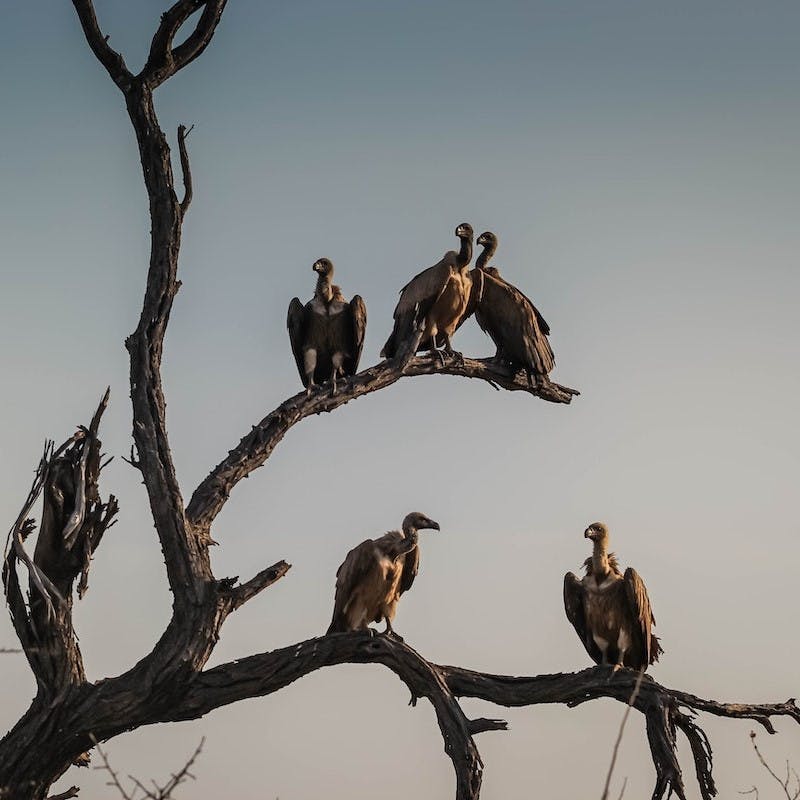
Learn more about the context behind this project
The Threats
These vultures face an onslaught of threats from human activity. Accidental and intentional death from poisoned carcasses on farmland and by poachers, habitat loss, nest disturbance and destruction from expanding human settlement, collision with power lines, drowning in reservoirs and the reduction in wild ungulates (their preferred prey choice) have been identified as major threats to the survival of these species. They are also under threat from their use in traditional medicine. In some areas, it is believed that the heads, or brains, of vultures provide special powers.
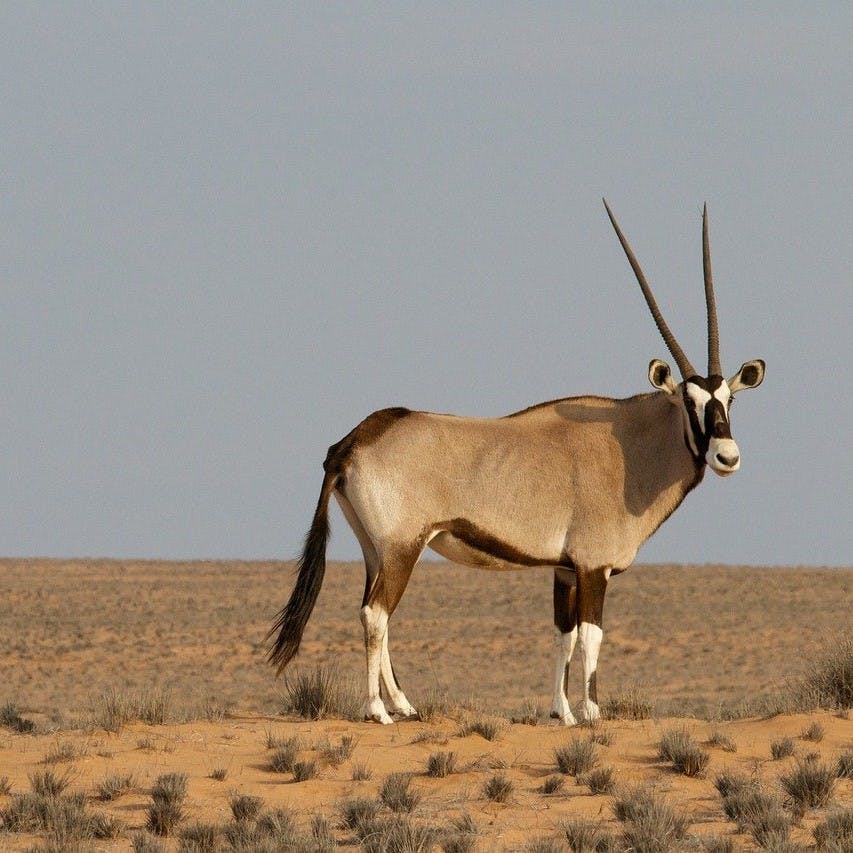
Waste Collectors
By supporting the return of these species, we would not only be helping expand the range of endangered species, we would also be restoring a natural process vital for the health of the ecosystem. Vultures are natural garbage collectors and help keep the environment clean. By disposing of dead carcasses that would otherwise rot, they help keep the environment free from disease.
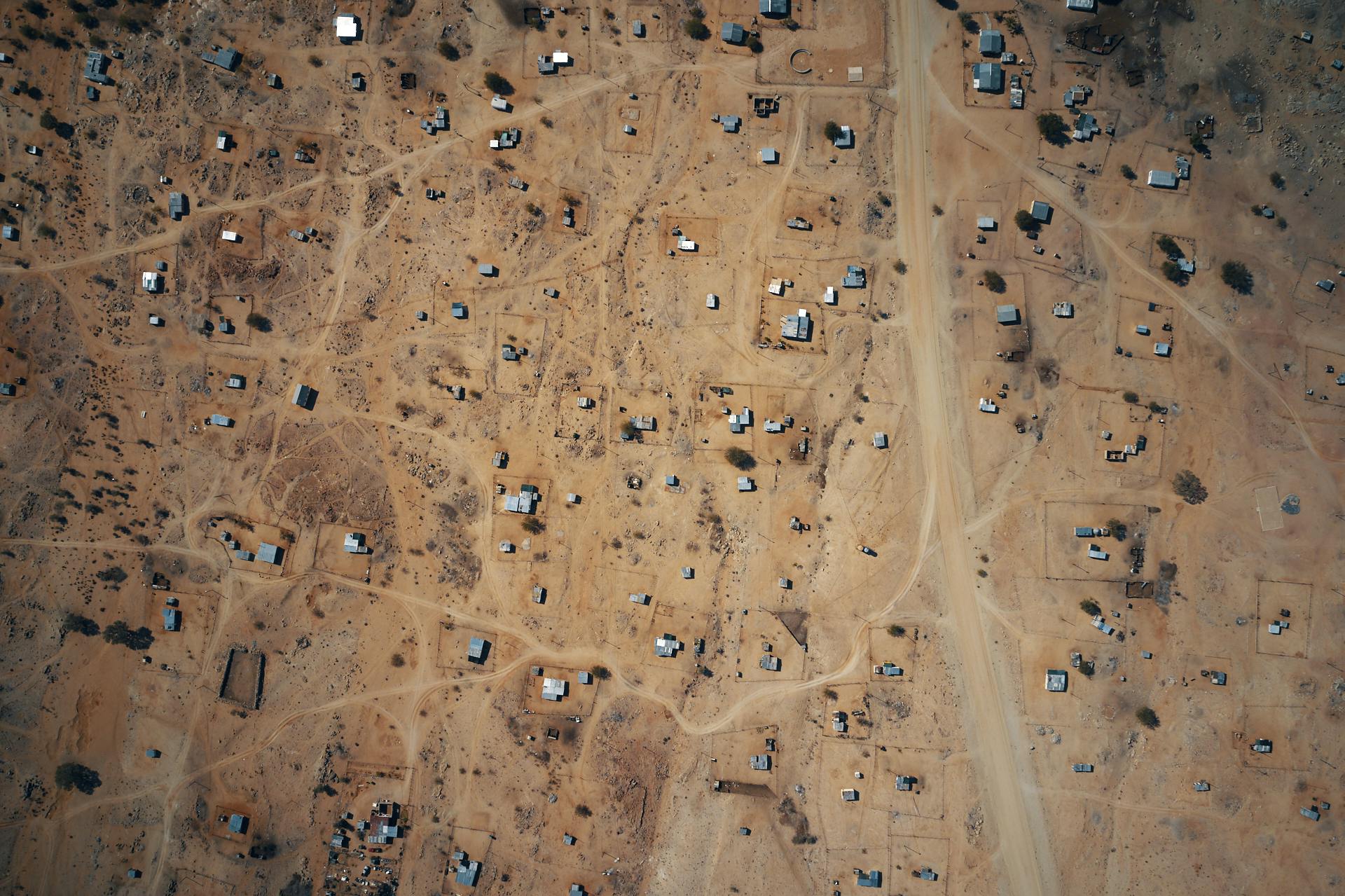
the team behind the project
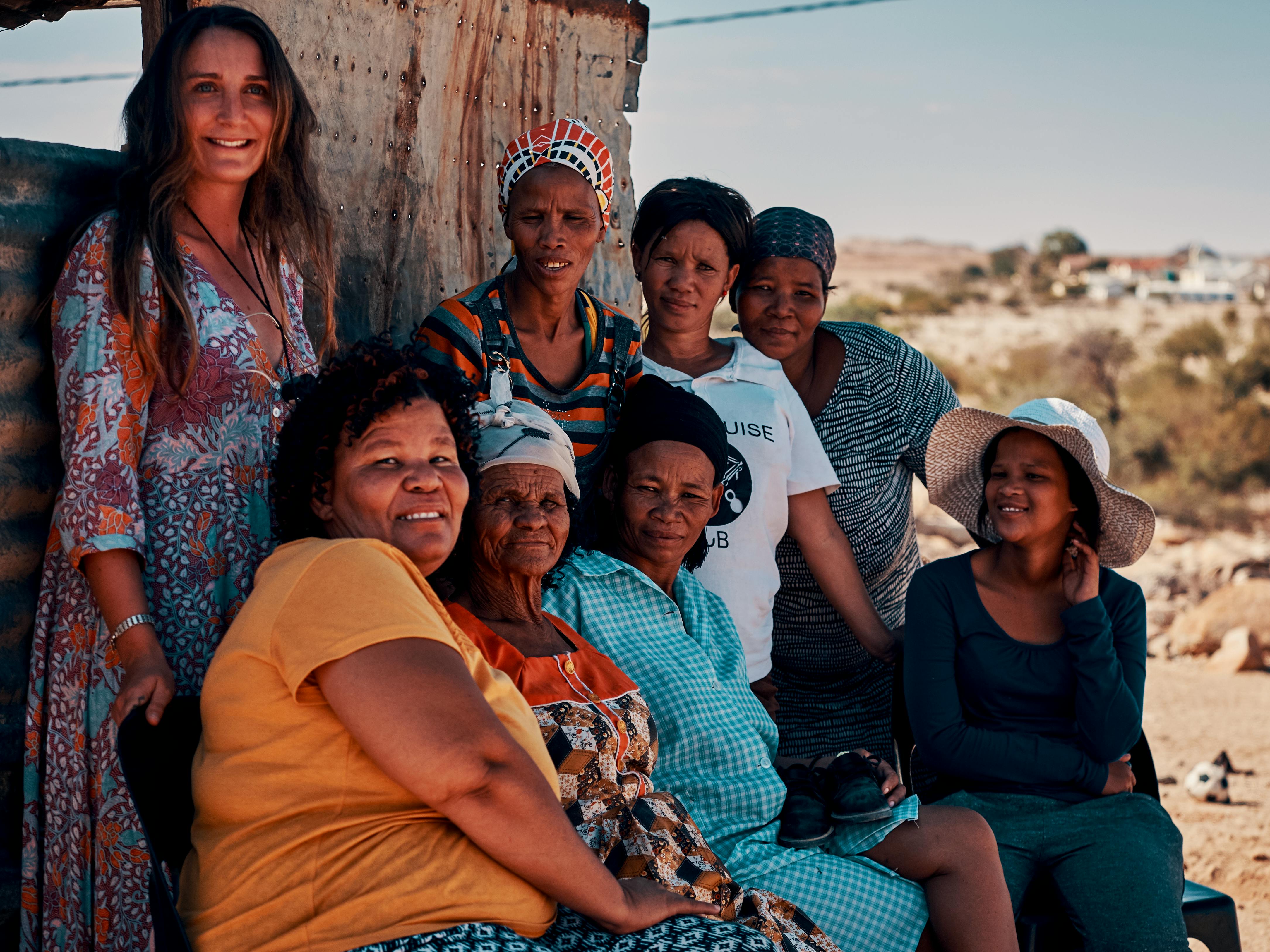
Drea Pawel, Chief Executive Officer at Oana
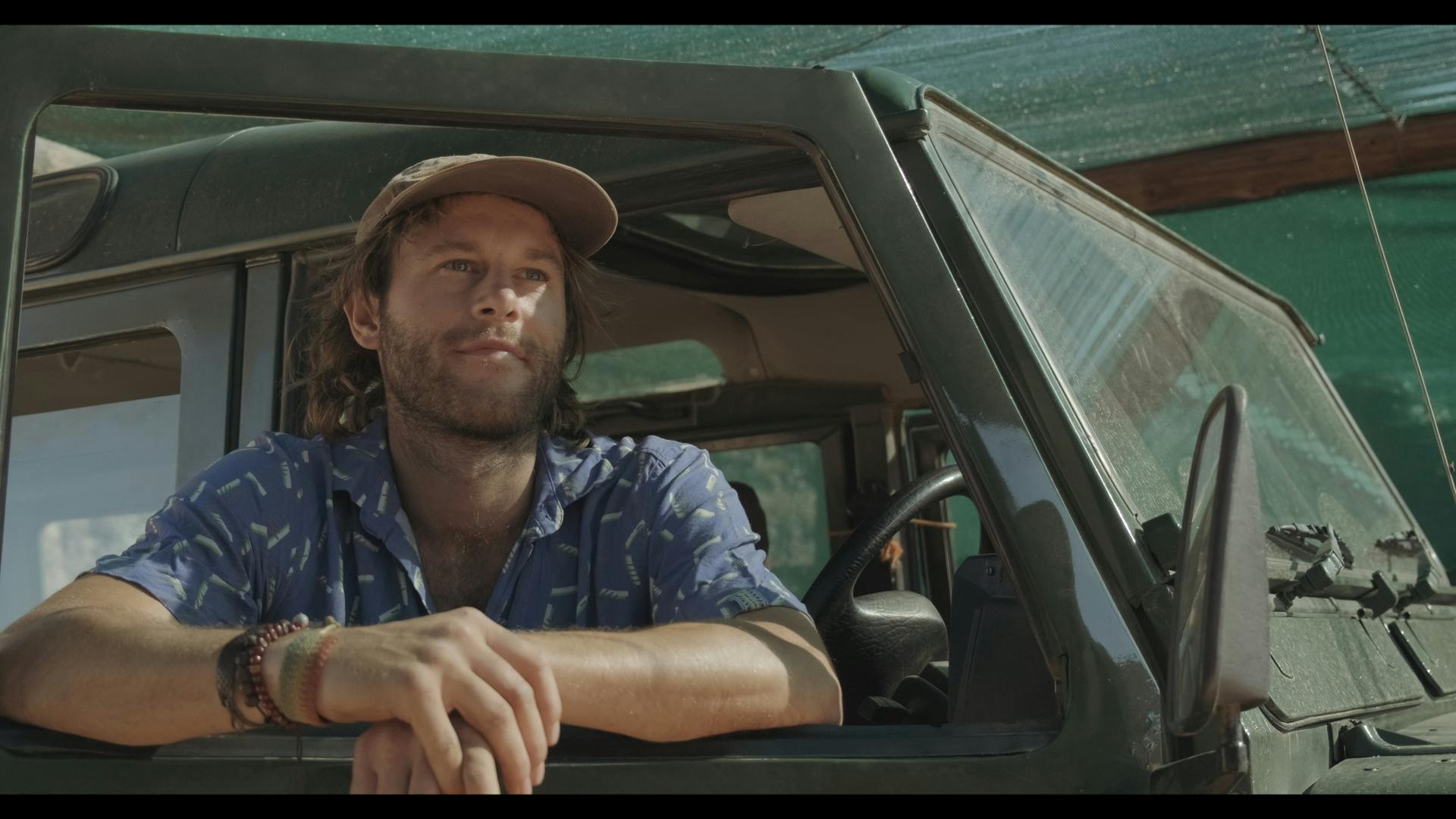
Red Barthorp, Chief Operating Officer at Oana
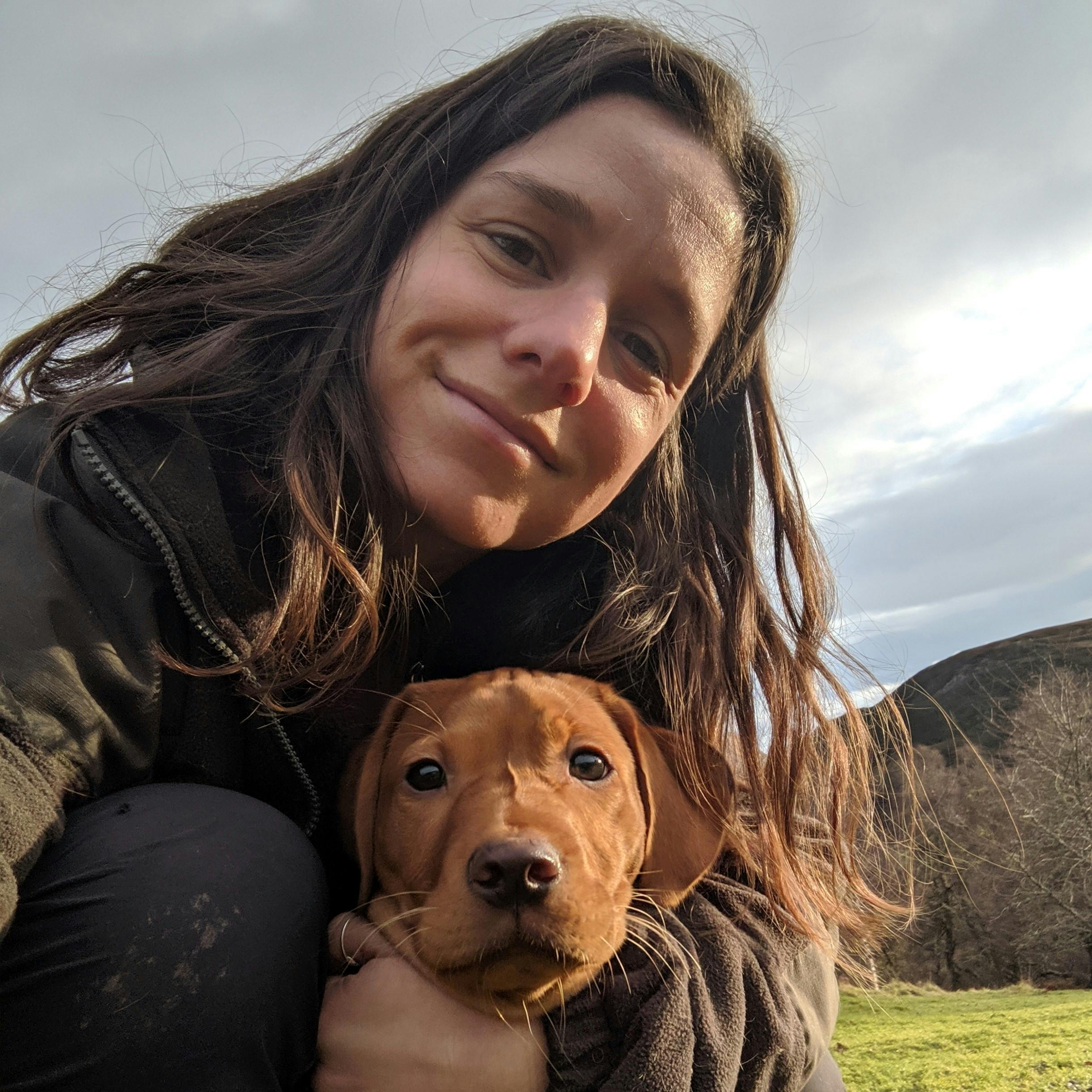
Hannah Kirkland, Conservation Biologist at Mossy Earth
